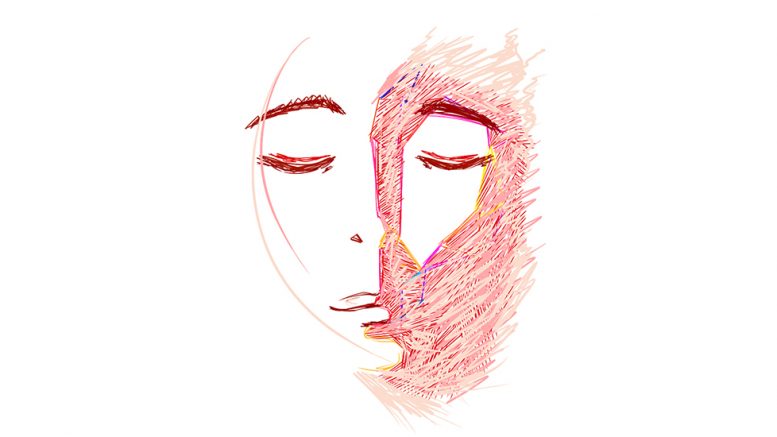The end of the U of M strike has brought with it many changes. Two exam schedules, deadlines sprinkled throughout late December and early January, and a new winter term that begins almost immediately after the end of the fall term. Of course, the new academic schedule has thrown many a wrench into the gears of our daily lives.
Even if you are one of the few lucky winners of the two-month break, for those who had no strike-affected classes, it’s still important to remember the situation most students are currently finding themselves in. It’s no easy feat to adjust as quickly as most students have to the drastic schedule changes and all entailed by it. Meanwhile, it’s easy to forget the impact it has on stress levels in an environment that’s already hostile toward mental health. Ivory tower aside, academia is no cakewalk.
The U of M, through the academic schedule reshuffle, has brought campus into the twilight zone. After suspending the term for three straight weeks – when total limbo was achieved and thousands of students (including myself) were left walking about in an unblinking haze – post-strike reality has careened at breakneck speed into the academic fast lane. While campus was a ghost town during the strike, it’s now become inhabited by ghosts – disenchanted students, doing the impossible by actively juggling schoolwork, jobs, social lives, and more. Students with a dull gleam to their eyes, taking in a wintry day on campus, Dec. 23, had to spend Christmas Eve Eve with befuddled professors who hardly wanted to show up to their own classes.
So, take some time to yourself and decompress. Don’t let the looming shadow of a deadline crush your spirits. To crack under pressure is okay – shattering, less so. Taking care of yourself so these fault lines don’t show up is essential. Not only do you owe this to yourself, but also those around you, so get over the cringing that goes along with buzzwords like ‘self-care’ and simply care for yourself.
Now that the university has returned to its daily grind, it’s more important than ever to be mindful of your community and the value of the people that make it up. The post-strike phase is the best reminder that people are stronger together; at the very least, there’s solidarity in suffering.


